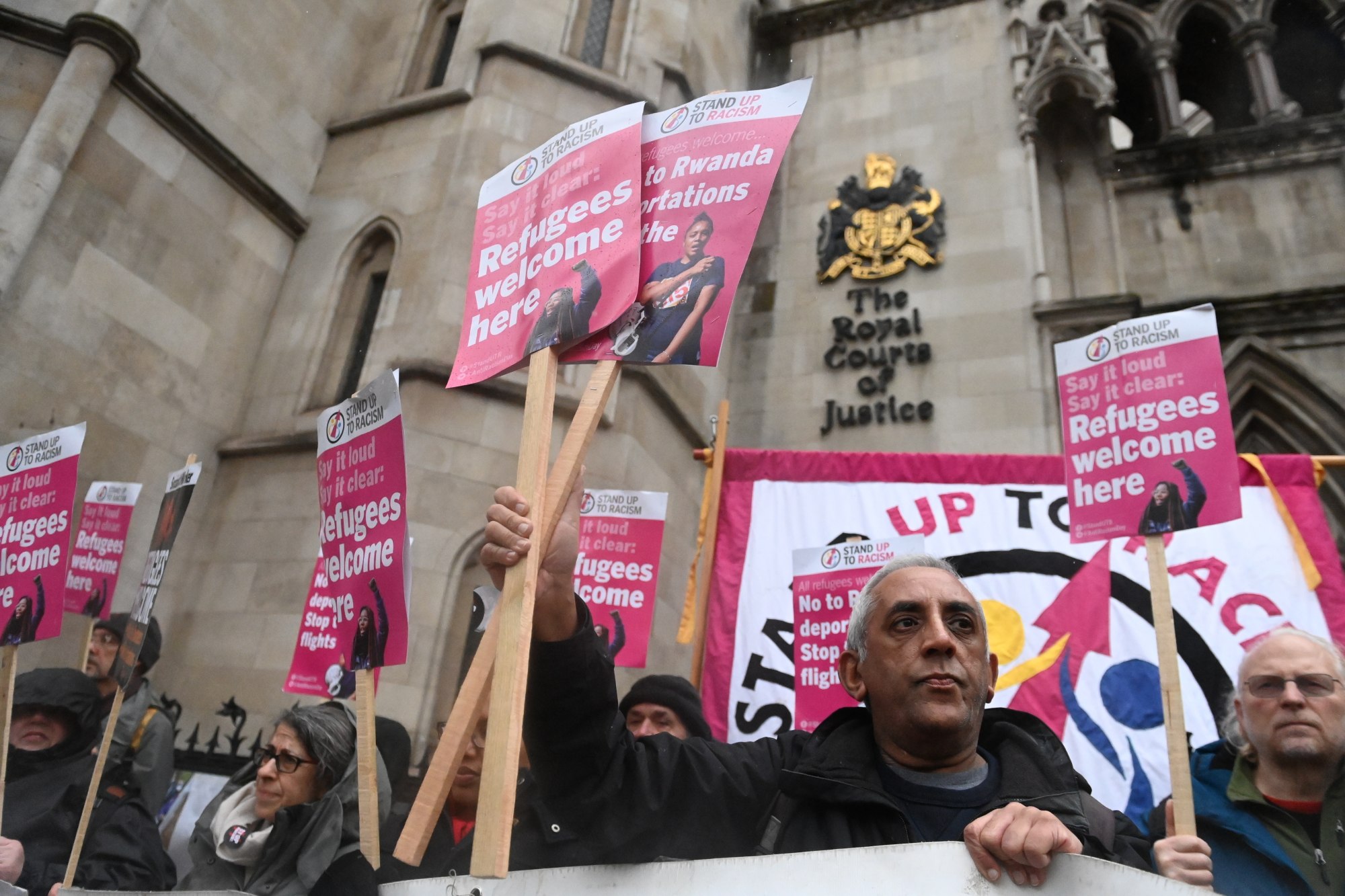
Like it or not, migrants both rich and poor will shape our economic futures
- Whether due to conflict, global warming or simply rich people trying to improve their lot, migration is almost certainly set to grow
- As many communities, particularly in the rich, developed world, begin to age rapidly, migration is likely to be the only way to replenish populations
Whether for the uber rich or desperately poor, migration has surged in importance worldwide in the past few years, triggered in particular by Covid-19 and Russia’s invasion of Ukraine. Whether the issue triggers political controversy or governmental self-congratulation depends on which migrants are knocking on your door.
The debate also depends on whether the migrant is part of the bedraggled poor escaping conflict zones or famines, or a high-net-worth individual being wooed for investment.

For impoverished Rwanda, with a population of around 14 million and a per capita gross domestic product among the world’s lowest at US$966, the deal could be a source of badly needed income. But could Britain not put the money to better use at home? What the migrants may think about being bundled off to one of Africa’s poorest countries is another matter altogether.
Over past decades, many governments in the developing world have generated indispensable income streams through both unregulated emigration and migrant labour schemes. The United Nations estimates that there are around 281 million migrants worldwide, two-thirds of them in Europe, the US or Saudi Arabia and the Gulf States, many making regular remittances home.
Among them are many of the world’s 2,640 billionaires and the roughly 62 million individuals lucky enough to have accumulated over US$1 million of investible wealth.
According to the Investment Migration Insider, there are around 38 investment migration programmes vying for the super-rich, with over US$21 billion raised through such schemes in 2019.
As China’s millionaires keep leaving, outflows may be ‘more damaging than usual’
The UK, traditionally a magnet for investment migration, has also seen a sharp reversal over the past six years, with an outflow of 12,500 uber-rich investors between 2017 and 2022, and more than 3,000 expected to leave this year, according to Henley.
Despite the bad press normally associated with migration, several realities are clear. Whether it is destabilisation due to conflict, global warming making many parts of the world increasingly inhospitable, or simply people trying to improve their livelihoods, migration is almost certainly set to grow.
As The Migration Agency notes, “migrants contribute disproportionately to new business formation, innovation, and job creation”. And, as many communities, particularly in the rich, developed world, begin to age rapidly, migration is likely to be the only way to replenish populations.
Whatever the political mood, we should encourage migrants and fund them to acquire the skills we need as populations deplete and talent pools shrink.
David Dodwell is CEO of the trade policy and international relations consultancy Strategic Access, focused on developments and challenges facing the Asia-Pacific over the past four decades


